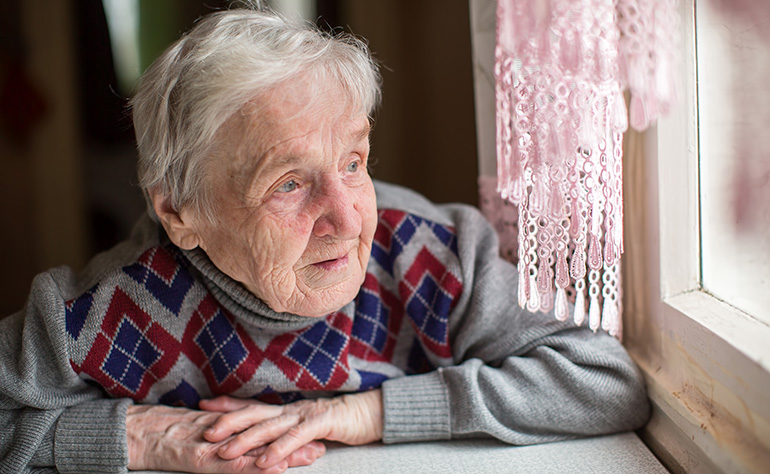Elder Abuse: Raising Awareness of a worldwide scandal

As the baby boom generation ages, the number of elder abuse cases will inevitably increase – all the more reason to explore this growing problem and raise awareness in order to help change attitudes and behaviours.
Learning to recognize the types, signs and symptoms of elder abuse is the first step to prevention. Elder abuse takes many different forms, the most common being physical, emotional, financial and neglect.
It’s important for family caregivers to be vigilant in looking at their elderly loved ones’ surrounding environment and living conditions. It’s also important to continually speak with seniors about how they are feeling and how they are being cared for.
Many would assume that physical abuse consists mainly of inflicting physical pain or injury; however, this is not always the case. Deprivation of basic needs such as food and medication can also be classified as physical abuse.
Some signs to look out for are unexplained bruises, welts, swelling, punctures, lacerations or fractures. A physically abused elder may also experience restricted movement, repeated falls or internal injuries.
There are also behavioural signs that indicate an elder being physically abused. Injuries are often unexplained or family members may provide different explanations for how an injury occurred. There may be a history of similar injuries and/or suspicious hospitalizations. Perhaps the victim is brought to a number of different medical facilities for treatment to prevent suspicion of abuse.
Emotional abuse, on the other hand, is slightly more difficult to detect. Mental pain, anguish and distress can have a huge affect on an older adult and can occur through verbal and non-verbal acts. Emotional abuse can be challenging to spot unless witnessed. One physical symptom of emotional abuse is significant weight loss or gain that is not attributed to other causes.
There are many changes in behaviour to watch out for when in suspicion of an elder being abused emotionally or
psychologically. The victim may appear to have trouble sleeping and he or she may exhibit confusion or depression. The individual may cower in the presence of the abuser and appear emotionally upset, agitated, withdrawn and non-responsive.
Another common form of elder abuse is financial abuse, which occurs when a vulnerable senior’s funds, assets or property are taken or concealed. This can consist of an unexplained disappearance of money or valuable possessions, as well as changes to the elderly person’s will or financial documents.
Signs to look out for are unpaid bills, eviction notices or notices to discontinue utilities. There may also be withdrawals from bank accounts or transfers that cannot be explained by the older person. The victim may say or appear to have new “best friends” in his or her life.
When an elderly person is neglected he or she may also appear malnourished, dehydrated, confused, inappropriately dressed or under- or over-medicated. Active neglect occurs when a caregiver intentionally fails to provide food, shelter or health care to an older adult in need. Passive neglect refers to situations in which the caregiver is unable to fulfill his or her caregiving responsibilities due to stress, illness, disability or lack of resources.
Another form of abuse in elders is sexual abuse. This type of abuse consists of any form of non-consensual physical contact. Physical indications that an older person is being sexually abused include bruises on external genitalia or internal thighs, genital or anal pain, irritation or bleeding, and torn, stained or bloody underclothing.
So, we’ve identified what to look out for – now what?
Elder Canadians’ health and lives are often in the hands of others. The next step is to ensure these caregivers are educated and properly trained to take care of their loved ones and to prevent abuse from occurring.
External caregivers, provided through home care agencies such as Bayshore Home Health, are dedicated to caring for seniors, providing the necessary expertise and often much-needed support to family members.
Call us: 1-877-289-3997 Email us: clientservice@bayshore.ca
